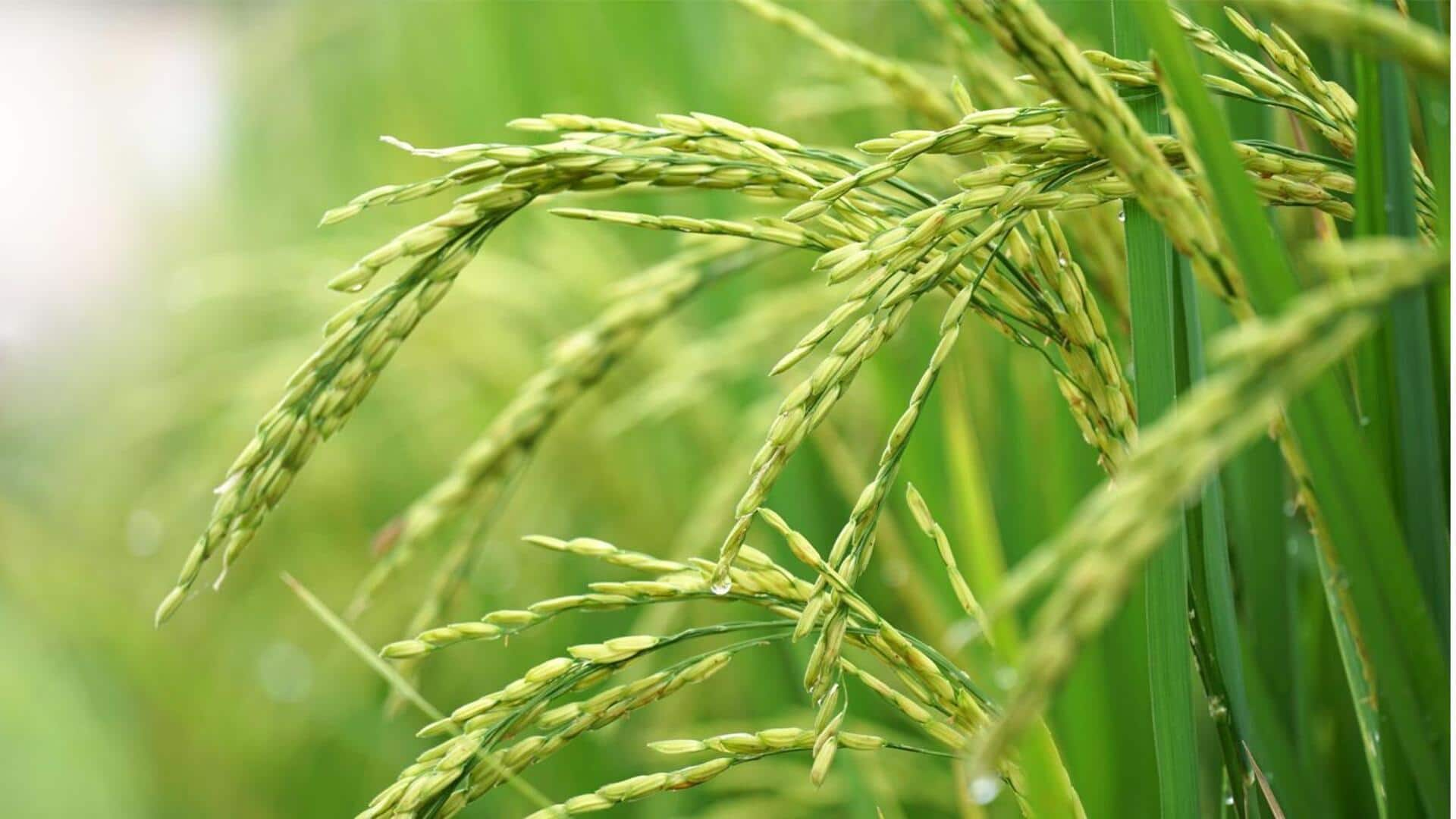
Darwin's theory of evolution might not be correct after all
What's the story
In a major challenge to Charles Darwin's theory of evolution, Chinese scientists have revived a concept from the 19th century. Published in the prestigious journal Cell, the study shows that acquired traits can influence heredity without changes to the DNA sequence. The research was led by scientists from the Chinese Academy of Sciences and focused on rice plants subjected to cold stress.
Research findings
Rice plants demonstrate adaptive tolerance across generations
The study found that rice plants subjected to cold stress were able to pass on an adaptive tolerance to low temperatures across five generations. This process bypassed the genetic mutations central to Darwinism. The breakthrough highlights a possible mechanism of epigenetic inheritance, where environmental factors can lead to heritable changes without altering the underlying DNA sequence.
Implications
Study revives Lamarck's theory of evolution
The research revives the 19th century debate between French naturalist Jean-Baptiste Lamarck and Darwin. While Darwin proposed random genetic variation as the basis of evolution, Lamarck suggested that organisms could pass on learned survival traits. The latest study not only aligns with Lamarckian ideas, such as those exemplified by the giraffe-neck parable, but also challenges modern biology to reconcile epigenetics with evolution's core principles.
Mechanism
These changes drive cold adaptation in crops
The research identified heritable DNA methylation changes as the driving force behind cold adaptation in crops. The team found that rice varieties from China's frigid northeast exhibited these stable, non-genetic adaptations. This discovery positions Lamarckism as a significant, albeit partial, player in evolution's playbook and offers new insights into how organisms adapt to their environments over generations.
Statement
What did the researchers say?
The Chinese team said, "We demonstrate that environmentally induced epigenetic variation contributes to the inheritance of an acquired characteristic." The study was also published in the peer-reviewed Life Sciences journal. This groundbreaking research could have far-reaching implications for our understanding of evolution and heredity, challenging long-held beliefs about how traits are passed down through generations.